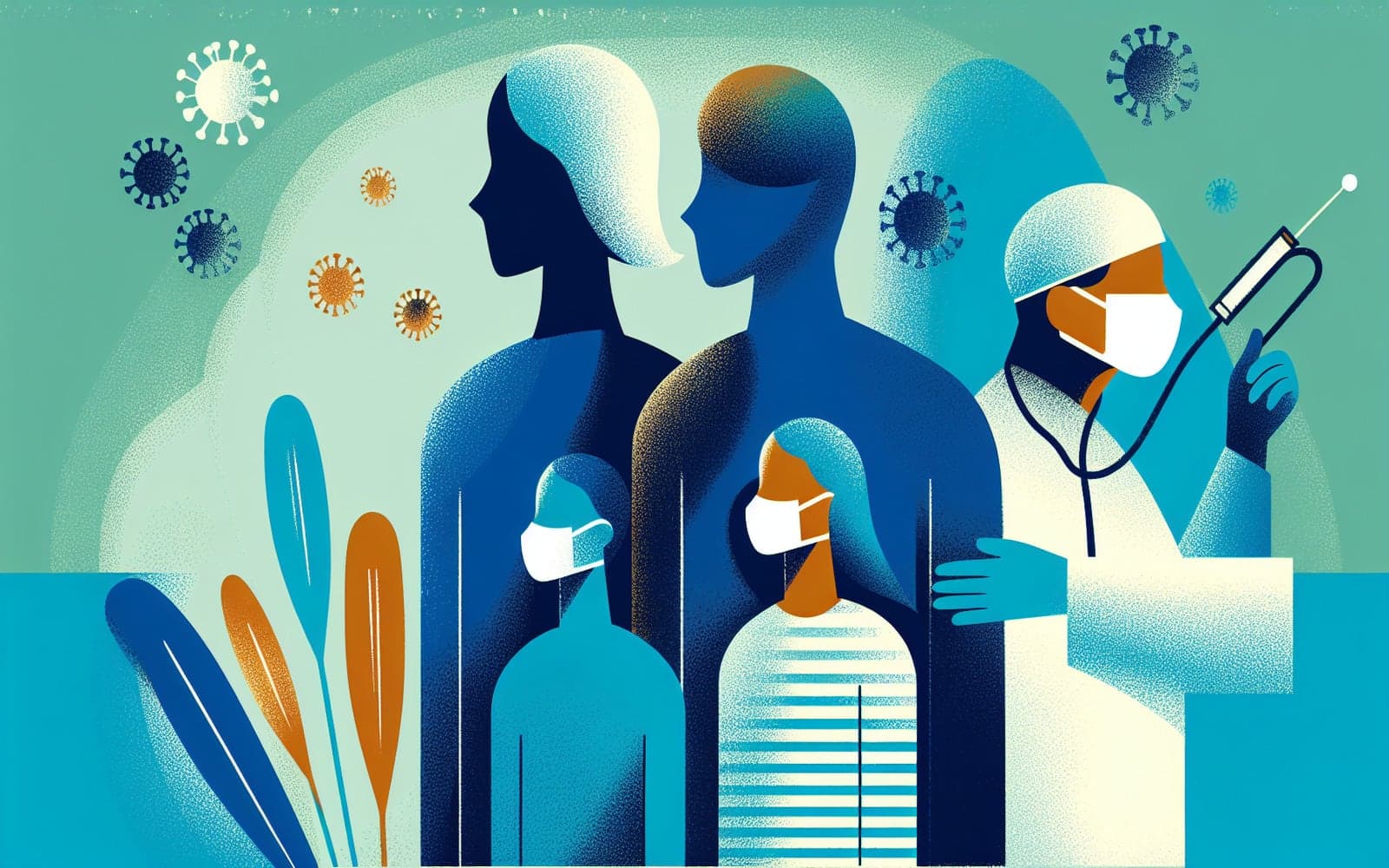Can We Stop the Flu Before It Strikes?
Can We Stop the Flu Before It Strikes?
Why It Matters
Preventing the flu can save lives and reduce the burden on healthcare systems. Let's uncover the best strategies to keep the flu at bay.
Contents
- Vaccination: The Best Defense
- Hygiene and Social Practices
- Role of Antivirals in Prevention
Vaccination: The Best Defense
Getting vaccinated annually is the most effective way to prevent influenza. Vaccines are updated each year to combat the most common strains, providing a shield against the virus.
Hygiene and Social Practices
Simple hygiene practices like washing hands and using hand sanitizers can significantly reduce flu transmission. Avoiding close contact with sick individuals also helps curb the spread of the virus.

Role of Antivirals in Prevention
Antiviral drugs can also play a role in preventing influenza, especially for those who have been exposed to the virus. They can reduce the risk of developing symptoms after exposure.
FAQs
How effective are vaccines?
Vaccines are the most effective prevention method against the flu.
Can hygiene prevent flu?
Yes, good hygiene practices can reduce virus transmission.
What about antivirals?
Antivirals can prevent the flu if taken after exposure.
Wrapping Up
Preventive measures are key to reducing the impact of seasonal influenza.
Additional References
- Centers for Disease Control and Prevention. Influenza antiviral medications.
- Uyeki TM, Bernstein HH, Bradley JS, et al. Clinical Practice Guidelines by the Infectious Diseases Society of America: 2018 Update.
This article has been reviewed for accuracy by one of the licensed medical doctors working for Doctronic.











